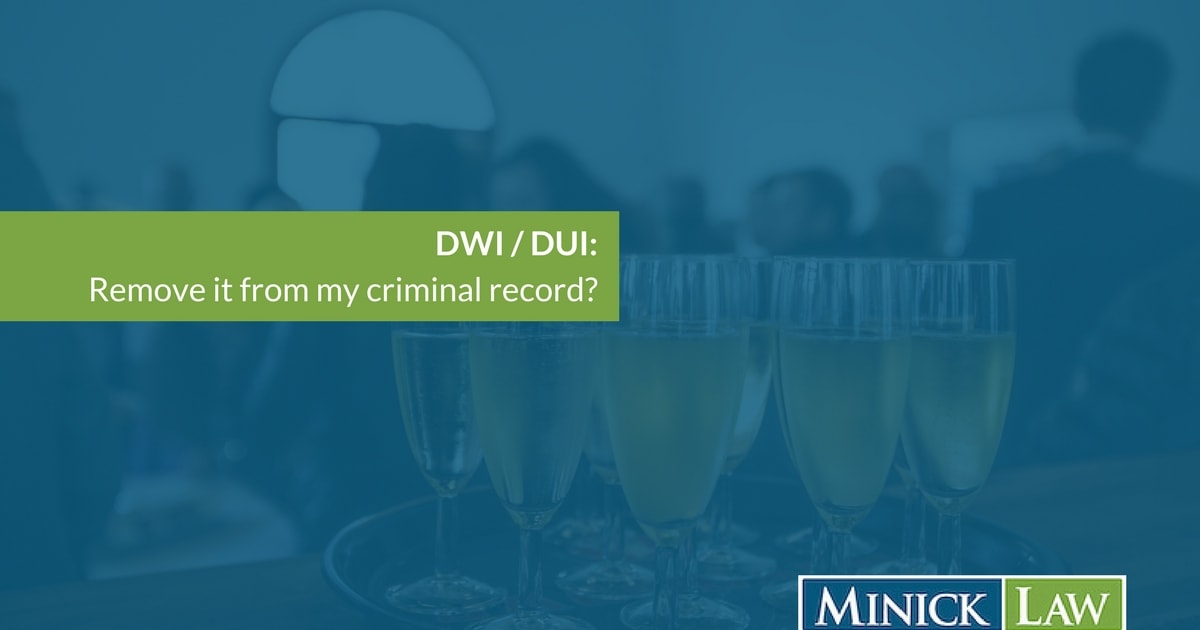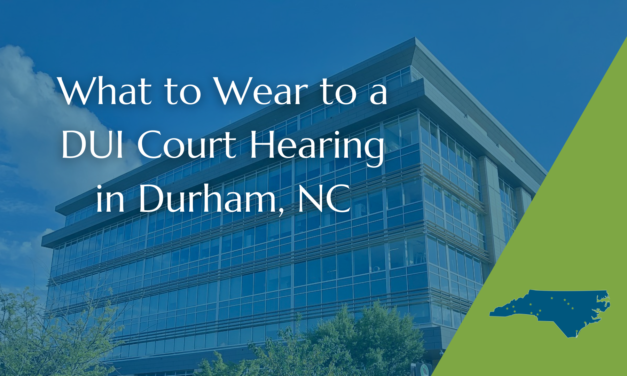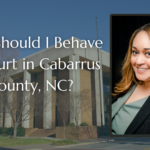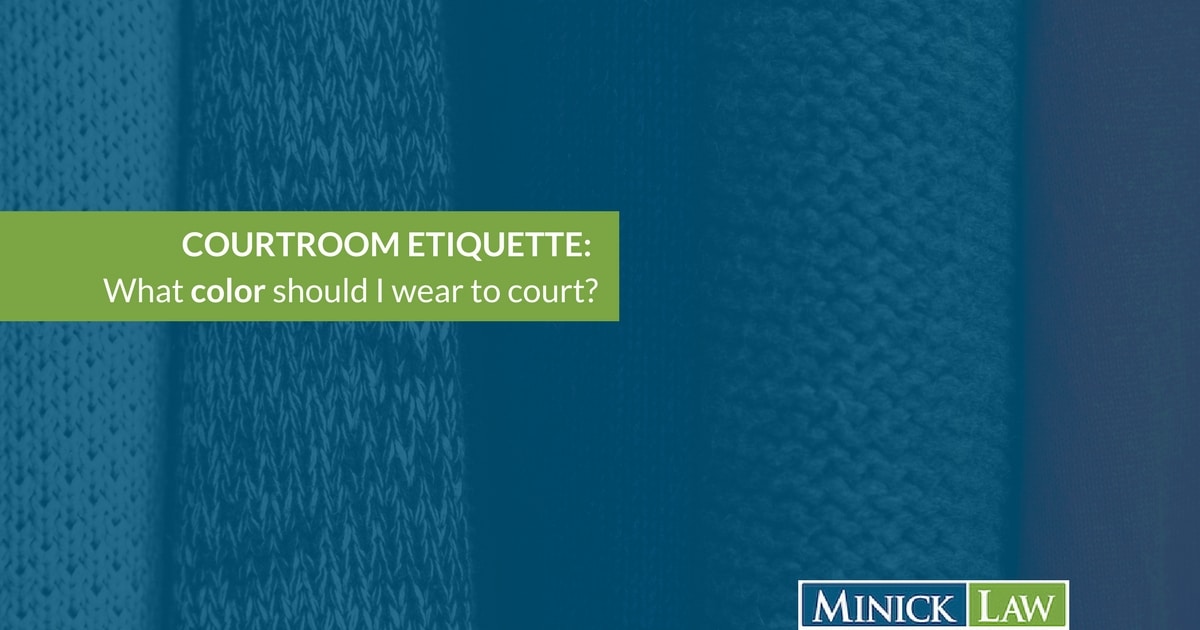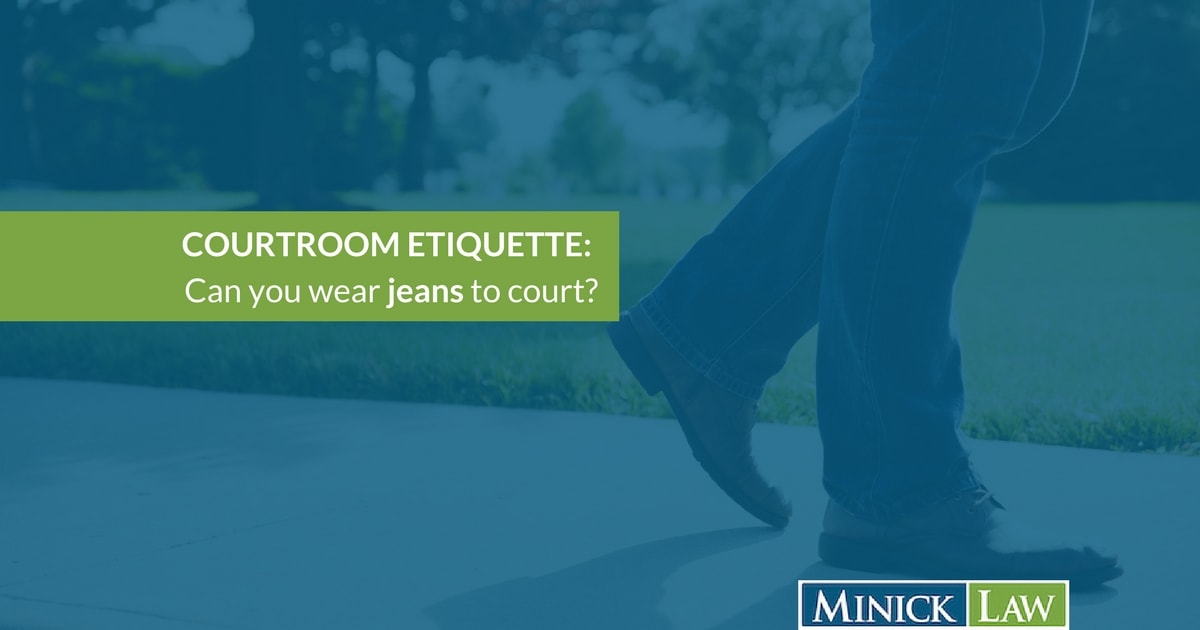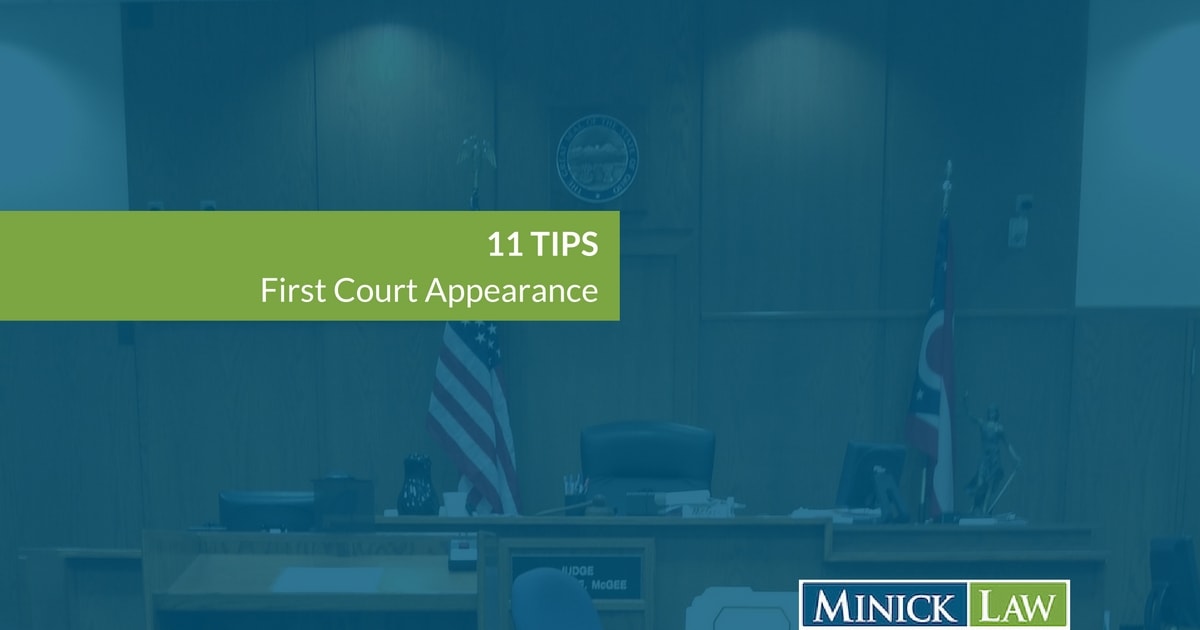Get the defense you need from a law firm that cares.
Learn More
He spent 12 years as a Deputy Sheriff in Harvey, LA. During his tenure there he worked in the Street Crimes Division as well as being a Team Leader of the Special Weapons and Tactics (SWAT) Team.
Lance is certified in DWI Detection and Standardized Field Sobriety Testing (24 hour training) and Advanced Roadside Impaired Driving Enforcement (16 hour training) by the National Highway Traffic Safety Administration.
Charlotte DWI News & Resources
- DUI DWI
- Courtroom Etiquette
DWI Costs in North Carolina
If you have been charged with a DWI, there are probably a million questions and worries that are running through your mind. However, probably the most important question you have is, “how much is this going to cost me?” While...
What to Wear to a DUI Court Hearing in Durham, NC
Are you wondering what to wear to your DUI court hearing in Durham, NC? Minick Law provides good guidelines for both men and women.
Find Our Charlotte Office Around the Web!
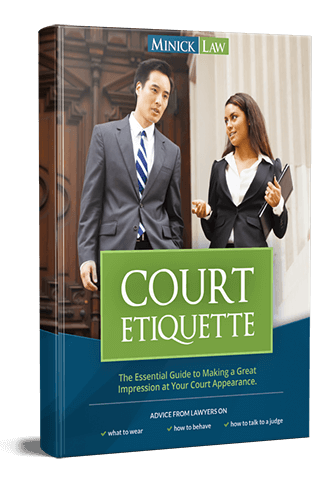
Download the Free Guide
Court Etiquette: The Essential Guide to Making a Great Impression at Your Court Appearance
Advice from lawyers on what to wear, how to behave, and how to talk to a judge.


